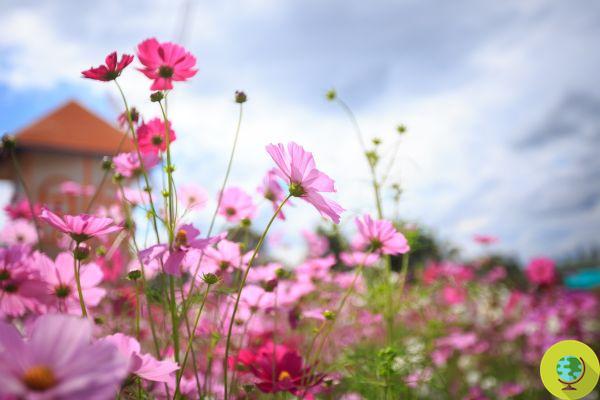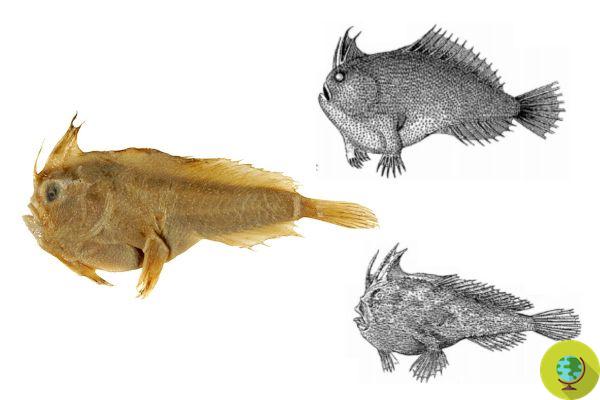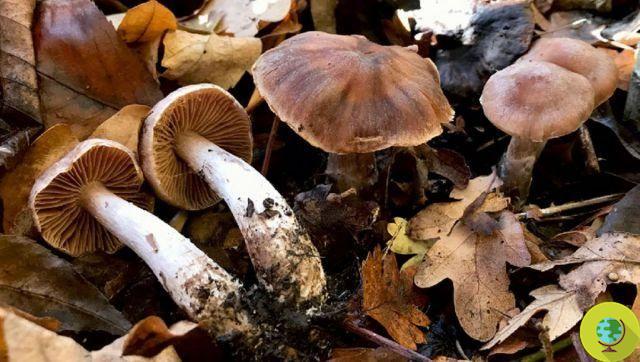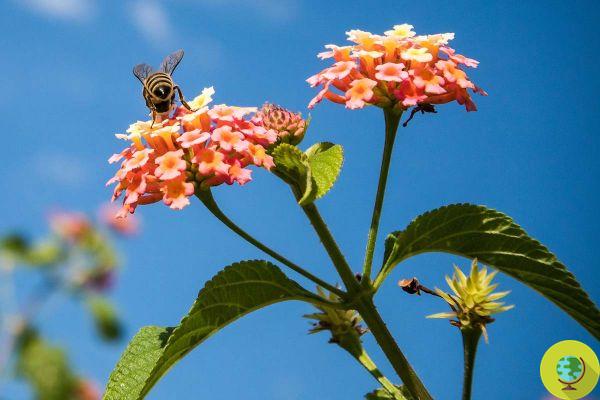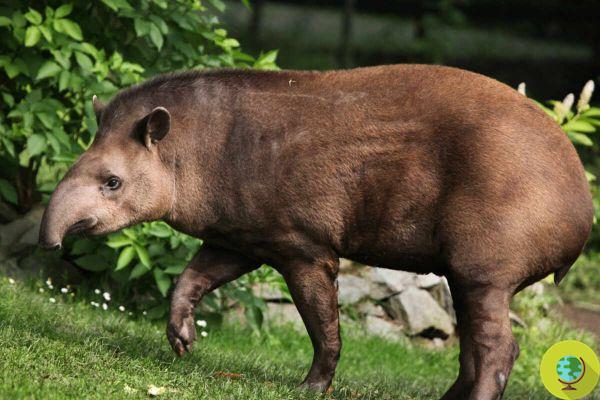
Flowers are the ears of plants: they vibrate to the buzz of a bee and 3 minutes later their nectar is sweeter to attract more pollinating insects. The Israeli research that inaugurates the trend of phytoacoustics
He is about to end up run over, his mother saves him
Flowers are the ears of plants: they vibrate to the buzz of a bee and 3 minutes later their nectar is sweeter to attract more pollinating insects. The Israeli research that inaugurates the trend of phytoacoustics
That plants could hear and communicate had already been established for some time, but now there is further confirmation that shows how they are able to listen through their flowers. In particular, they would be able to perceive the sounds emitted by bees and other pollinating insects and thus modify their own nectar in an ecologically relevant way.
This was discovered by the evolutionary theorist Lilach Hadany and his research group at the University of Tel Aviv who, through a series of experiments conducted on the evening primrose, a particular variety of evening primroses (oenothera drummondii), ascertained how the flowers act as “Ears” to listen to the vibrations produced by the insects' wings, collecting their specific frequencies and temporarily modifying the concentration of sugar in the nectar of their flowers.
The team wanted to demonstrate how sounds, which represent an omnipresent natural resource in nature and a fundamental component of animal evolution, are also so for plant evolution, since pollination is the key to plant reproduction. And according to the experiments conducted, it seems to be so.
The experiment
To test the primroses in the laboratory, Hadany's team exposed the plants to five sound treatments: silence, recordings of a bee, and computer-generated sounds in low, mid and high frequencies. The plants subjected to the silent treatment, placed under glass jars that blocked the vibrations, did not have a significant increase in the concentration of sugar in the nectar. The same is true for plants exposed to high frequency and intermediate frequency sounds.
In plants exposed to reproductions of bee sounds and similar low-frequency sounds, however, within three minutes of exposure, there was an increase in sugar in the nectar from 12 to 17% to 20%. As well as a mechanical vibration of the flowers themselves in response to these sounds. A fact that researchers consider fundamental from an evolutionary point of view: a sweeter nectar can attract more insects, potentially increasing the chances of successful pollination. This assumption was also confirmed with the observations "in the field". In fact, the researchers found that pollinating insects were nearly 10 times more common around plants that another insect had visited in the previous six minutes.
The flowers would therefore represent the auditory sensory organs of plants, and indeed also their concave shape, although variable from species to species, would confirm this theory. To confirm this, the research team also studied the vibrations emitted by the flowers and performed tests on those that had removed one or more petals. Those flowers failed to resonate with any of the low frequency sounds.
This very interesting study, published in BioRxiv, opened a completely new field of scientific research that Hadany called phytoacoustics.
"Some people may think, how can [plants] hear or smell?" said Marine Veits, co-author of the study. "I'd like people to understand that hearing isn't just for the ears."
Nature never ceases to amaze!
You may also be interested:
- Plants communicate with each other using underground networks (and they know what is happening on the surface)
- Plants also see, hear and smell
- Plants have memory: they learn and remember
- Plants know when they are going to be eaten
- The living forest: how trees communicate with each other
Simona Falasca




